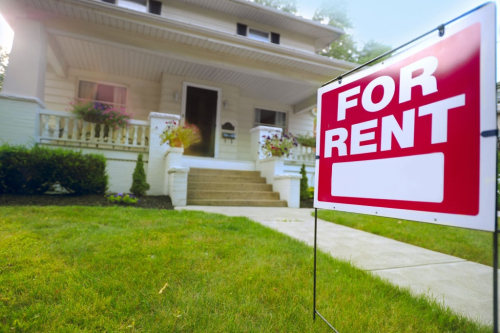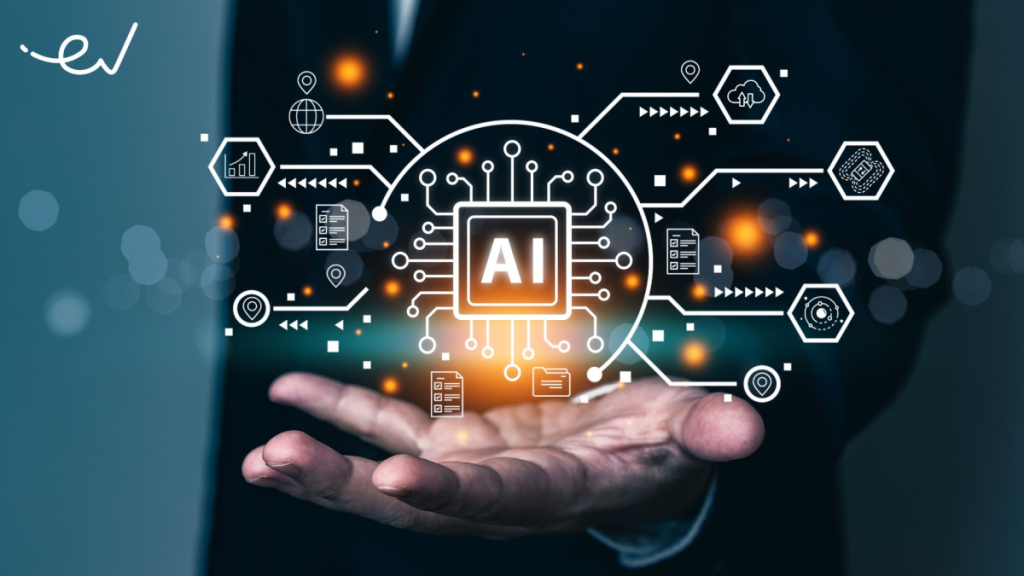Artificial intelligence (AI) is poised to transform nearly every industry, and the multifamily housing sector is no exception.
From streamlining maintenance to improving marketing and leasing efficiencies, AI has the potential to significantly impact multifamily property owners and managers.
This blog post will explore some of the top applications of AI in multifamily real estate right now and what the future may hold.

Simplifying Maintenance
One of the biggest promises of AI is to simplify routine maintenance tasks. By analyzing historical data, AI systems can better predict when appliances or systems may fail before problems occur.
Instead of waiting for tenants to report issues, property managers could proactively fix or replace equipment. This prevents costly emergency repairs, limits tenant inconveniences, and makes operations run more smoothly.
AI can also optimize the unit make-ready process after a tenant moves out.
By assessing previous make-ready timelines and costs, AI tools can identify and address bottlenecks.
This allows staff to ready vacant units faster and limit lost rental revenue from extended vacancies.
Enhancing Marketing and Leasing

AI brings new possibilities for multifamily marketing and leasing efforts. Sophisticated machine learning algorithms can analyze visitor behavior on community websites to determine their level of interest.
Highly-interested prospects can then be targeted with customized promotions and messaging to encourage tours and applications.
Chatbots and virtual leasing assistants are also gaining traction.
Powered by natural language processing, these tools can have text or voice conversations with prospects to answer common questions, set up viewings, and more. This gives leasing staff more time for high-impact, person-to-person interactions with qualified renters.
Informing Investment Decisions

For potential multifamily investors, AI analytics provide invaluable market insights.
Algorithms can rapidly compile and evaluate property and market data to determine acquisition opportunities that match specific investing goals.
AI tools can also assess risk levels in granular detail, forecast property performance over various time periods, and optimize portfolios.
On the seller side, AI opens up possibilities for highly targeted, personalized marketing campaigns to likely buyers based on property specifics.
This allows brokers to more efficiently connect each listing with best-fit investors.

Enabling Predictive Maintenance
As mentioned regarding maintenance, the combination of sensor data, IoT-connected equipment, and AI algorithms enables a high degree of predictive capabilities when it comes to property upkeep.
Instead of waiting for failures to happen before taking action, multifamily owners can use AI insights to proactively identify and address emerging equipment issues early. This minimizes unplanned downtime and repairs while also enhancing safety, sustainability, and the tenant living experience.
The Future of AI

Industry experts agree that AI adoption remains in early stages for the multifamily sector but will rapidly accelerate in the years ahead.
The technology promises to assume an ever-increasing share of repetitive, rules-based tasks while empowering human workers to focus on higher reasoning, complex decision making, and enhanced customer service.
Companies that fail to seriously invest in AI may quickly find themselves at a disadvantage compared to early adopters.
The future multifamily workspace will increasingly capitalize on the respective strengths of both human and artificial intelligence.
Source: https://www.multihousingnews.com/top-10-uses-of-ai-in-multifamily/
